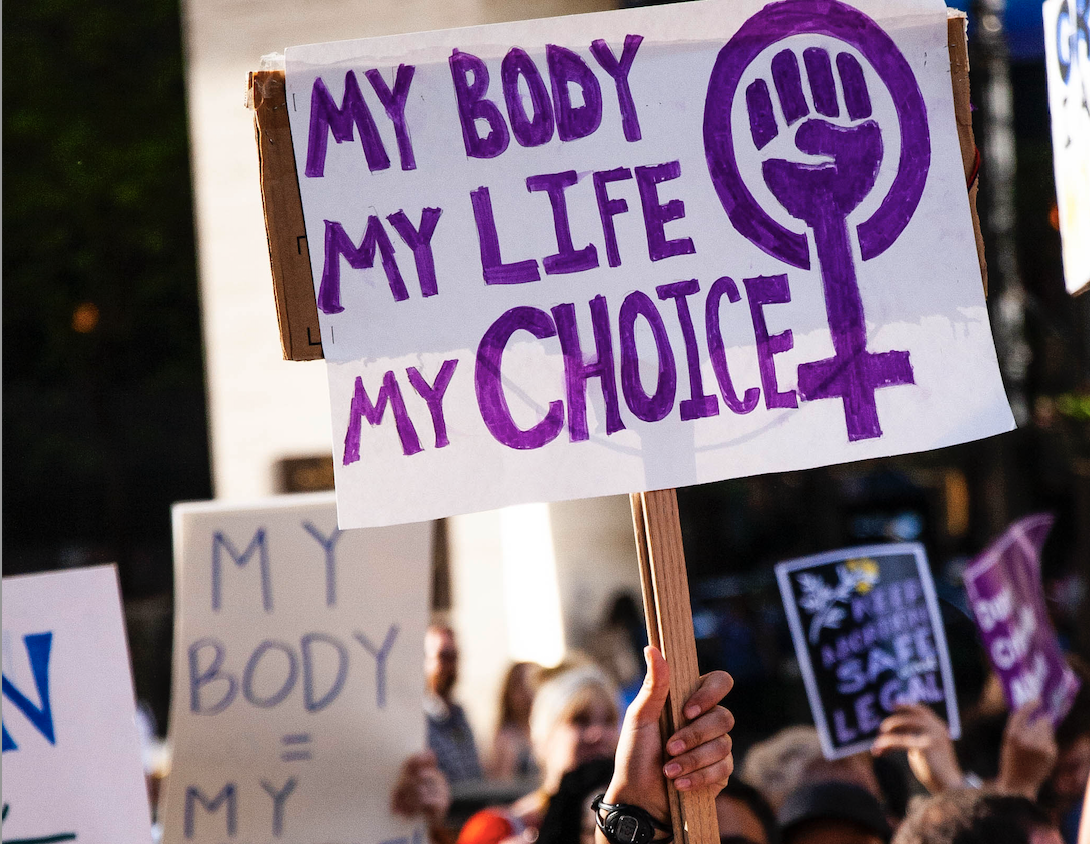The United States stands at a critical juncture: poised to decriminalize cannabis, but threatened with the criminalization of contraception. Progressive strides toward bodily autonomy and public health are paradoxically juxtaposed with steps that would achieve the opposite.
Marijuana prohibition, a policy that has long been recognized as not only futile but harmful to society, particularly marginalized communities, has been overturned in many states. The federal government has recently moved in this direction.
Just as we approach a more enlightened stance on cannabis, a regressive wave threatens to restrict and criminalize contraception.
The criminalization of cannabis has led to overcrowded prisons, loss of faith in the legal system, and the stigmatization of millions of people who have done no harm to others. Opposition to it is driven by the recognition that regulated legalization can reduce arrests and racial disparities, provide economic benefits through taxation, allow for medicinal use, and protect consumers through product standards and age restrictions—thereby improving public health outcomes.
Contraception has been legally available during marijuana prohibition. Yet just as we approach a more enlightened stance on cannabis, a regressive wave threatens to restrict and criminalize contraception—an essential component of reproductive health and women’s rights.
Contraception has been fundamental in allowing people to plan their families, protect their health and pursue educational and economic opportunities without the undue burden of unplanned pregnancies. Access to contraceptives has been linked to various positive outcomes, including reduced poverty levels, improved educational attainment and better health for women and children.
The push to criminalize contraception is currently visible in many states and in Congress. Linked with abortion bans, when some forms of birth control are falsely conflated with abortion, it is grounded in ideological beliefs that conflict with the established understanding of reproductive rights as human rights.
This movement threatens to undermine decades of progress made in gender equality and health care access. Criminalizing contraception would not only impinge on individual freedoms and wellbeing but also exacerbate socio-economic disparities, disproportionately affecting communities of color and low-income communities, which already face barriers to accessing health care.
The far-reaching public health consequences of an increase in unintended pregnancies, caused by loss of access to contraception, would include consequent rises in abortion rates, maternal and infant mortality, and financial strain on public health systems.
As drug policy reform advocates, we must not view the real risk of further, large-scale regression on reproductive rights as someone else’s battle.
The contradictory momentum we’re seeing for both cannabis decriminalization and contraception restrictions reflects our broader cultural and political conflicts—and the ongoing battle over who has the right to make decisions about one’s body and life.
One direction represents a shift toward personal autonomy and the rectification of social injustices; the other embodies a restrictive ideology that seeks to control and limit our health decisions and life prospects.
As drug policy reform advocates, we find ourselves on the right side of history with cannabis, securing important victories with growing regularity as we seek to uphold personal autonomy, public health and equality for all. But in doing so, we must not view the threat to these values from elsewhere—the real risk of further, large-scale regression on reproductive rights—as someone else’s battle.
Photograph (cropped) by Charles Edward Miller via Wikimedia Commons/Creative Commons 2.0
The Influence Foundation, which operates Filter, was formerly fiscally sponsored by the Law Enforcement Action Partnership, where the author was previously a board member. Filter‘s Editorial Independence Policy applies.





Show Comments